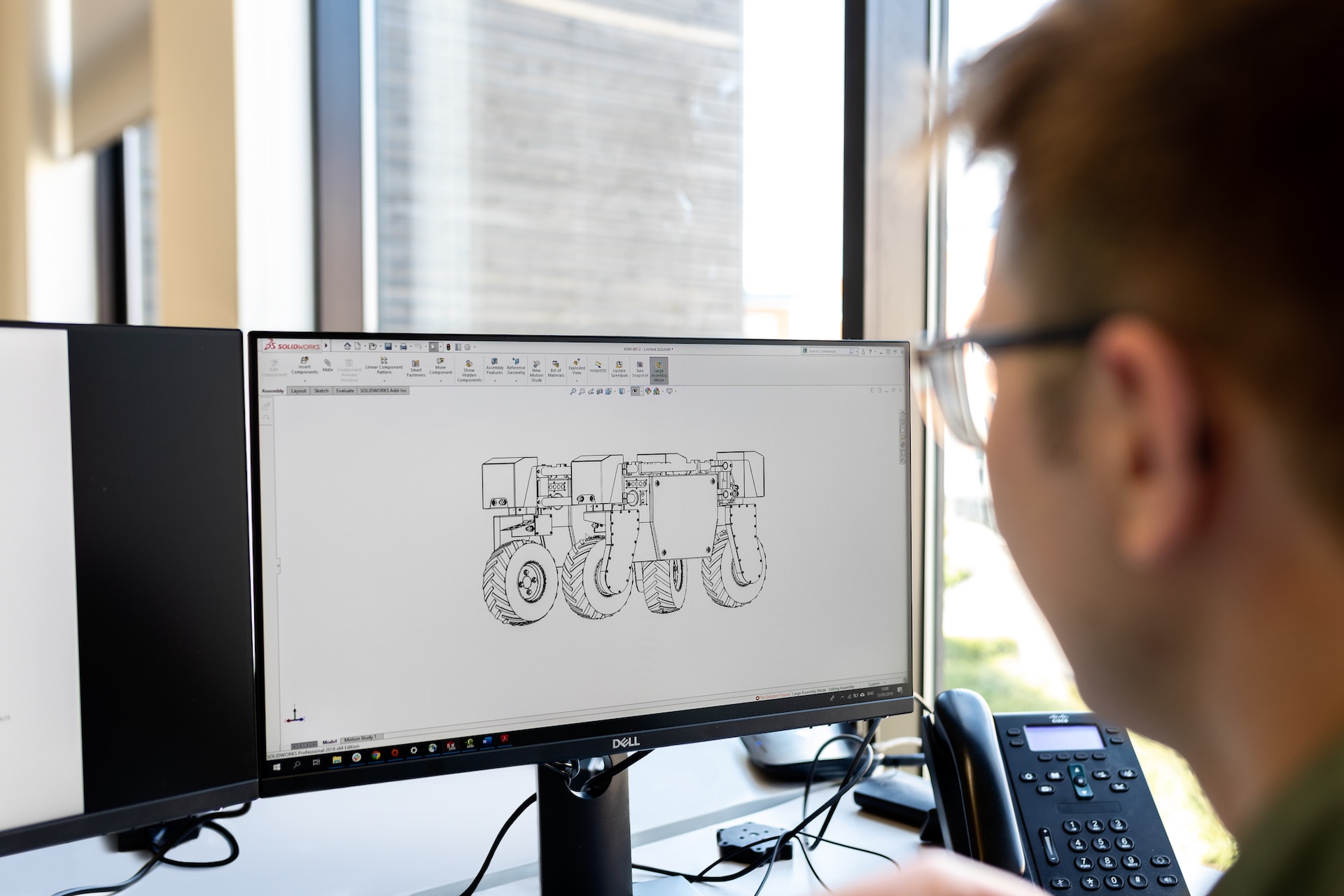- to investigate the main developments, trends, problems and achievements in space physics and astronomy
- to develop mathematical models of processes and objects
- to process and analyse obtained results
- to prepare data for reviews, reports and research papers
- to write reports and research papers, participate in scientific conferences and seminars
About the group of scientific specialties
mode of study
full-time
duration of the course
4 years
tuition fees, ₽
from 113 100 to 188 500 (2024)
Scientific specialties
Physics of Space, Astronomy
What will I learn?
Advantages of the programme
- preparation for solving problems in various areas of space physics and astronomy: interstellar physics, MHD instability, star formation in interstellar rotating magnetic clouds, MHD turbulence and mechanisms of magnetic field generation, residual magnetic field of accretion disks of young stars, statistical studies of close binary stars
- lecturers: Candidates and Doctors of Sciences
- preparation for the dissertation defence for a degree of Candidate of Physical and Mathematical Sciences
Who will I be?
- a lecturer in secondary, higher and further education systems
- a research assistant
- a research associate
Disciplines to be studied
Entrance examinations
- entrants must pass the entrance examinations in a special discipline and a foreign language
- entrance tests are aimed at assessing the knowledge of applicants received during the development of higher education programmes
- the minimum number of points, confirming the successful completion of the entrance test - 40
- each entrance test is passed once
Theoretical Physics
What will I learn?
- to explore the main developments, trends, problems and achievements in theoretical physics
- to develop mathematical models of processes and objects
- to process and analyse obtained results
- to prepare data for reviews, reports and research papers
- to write reports and research papers, participate in scientific conferences and seminars
Advantages of the programme
- preparation for solving problems in various fields of theoretical physics: continuum mechanics, dynamics of liquids, gases, solids and multicomponent mixtures; high-speed plastic deformation and fracture of materials, simulation of intensive flows of radiation on solids; simulation of electrodynamic processes in composite materials
- study of physics of interstellar medium, MHD instability, star formation in interstellar rotating magnetic clouds, MHD turbulence and mechanisms of magnetic field generation, residual magnetic field of accretion disks of young stars, statistical studies of close binary stars
- lecturers – Candidates and Doctors of Sciences
- preparation for the dissertation defence for a degree of Candidate of Physical and Mathematical Sciences
Who will I be?
- a lecturer in secondary, higher and further education systems
- a research assistant
- a research associate
Disciplines to be studied
Entrance examinations
- entrants must pass the entrance examinations in a special discipline and a foreign language
- entrance tests are aimed at assessing the knowledge of applicants received during the development of higher education programmes
- the minimum number of points, confirming the successful completion of the entrance test - 40
- each entrance test is passed once
Condensed Matter Physics
What will I learn?
- to simulate physical and chemical processes in condensed media
- to develop mathematical models of processes and objects
- to process and analyse obtained results
- to prepare data for reviews, reports and research papers
- to write reports and research papers, participate in scientific conferences and seminars
Advantages of the programme
- preparation for solving problems in various areas of condensed matter physics:
- simulation of the stability of different modifications of nanostructured materials, investigation of the interrelation between structure and properties of materials in the condensed state
- lecturers – Candidates and Doctors of Sciences
- preparation for the dissertation defence for a degree of Candidate of Physical and Mathematical Sciences
Who will I be?
- a lecturer in secondary, higher and further education systems
- a research assistant
- a research fellow
Disciplines to be studied
Entrance examinations
- entrants must pass the entrance examinations for special discipline и foreign language
- entrance tests are aimed at assessing the knowledge of applicants received during the development of higher education programmes
- the minimum number of points, confirming the successful completion of the entrance test - 40
- each entrance test is taken once
